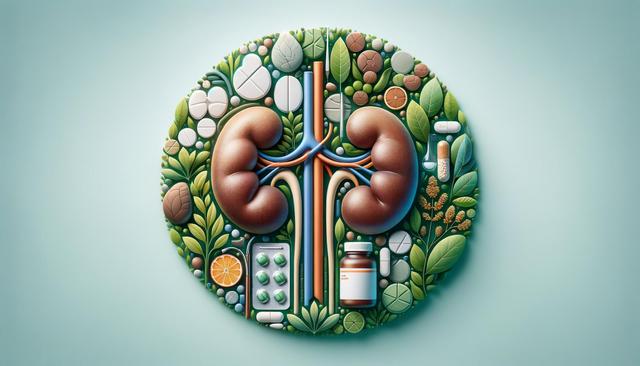Understanding Kidney Disease and Its Impact
Kidney disease is a condition that affects millions of individuals worldwide, often progressing silently until reaching critical stages. Chronic kidney disease (CKD) particularly poses a long-term challenge, gradually impairing kidney function and leading to serious health complications. Common causes include diabetes, high blood pressure, and genetic factors. The kidneys play a crucial role in filtering waste products from the blood, regulating blood pressure, and balancing fluids in the body. Damage to these vital organs can result in the accumulation of toxins, leading to symptoms such as fatigue, swelling, and shortness of breath. Addressing kidney disease treatment early can significantly improve outcomes and slow progression to end-stage renal disease, where dialysis or a transplant becomes necessary.
Traditional Approaches to Kidney Disease Treatment
Historically, kidney disease treatment has focused on managing symptoms and slowing disease progression rather than reversing damage. Treatment strategies often include:
- Prescribing medications to control blood pressure and blood sugar levels
- Implementing dietary changes to reduce strain on the kidneys
- Monitoring kidney function regularly through lab tests
- Encouraging lifestyle modifications such as increased exercise and smoking cessation
Despite these efforts, many individuals still experience a decline in kidney health over time. The need for innovative therapies has been clear, pushing researchers to explore new avenues that offer better protection and potential restoration of kidney function. As such, the emergence of a new kidney drug marks a significant step forward in the field of nephrology.
Innovative New Drug for Kidney Disease: A Promising Advancement
Recently, an innovative new drug for kidney disease has entered the treatment landscape, showing promise in clinical trials. This new kidney drug targets underlying inflammatory processes and fibrosis, two major contributors to the progression of chronic kidney disease. Early studies suggest that patients receiving the treatment experienced:
- Slower decline in kidney function compared to standard care
- Reduced levels of proteinuria, an early marker of kidney damage
- Improved overall kidney health and quality of life
Although further research is warranted to assess long-term outcomes and safety, the introduction of this therapy represents a hopeful advancement for individuals facing the challenges of CKD. Healthcare providers are optimistic that integrating this treatment could enhance existing protocols and offer better preservation of kidney function.
Integrating the New Kidney Drug into Existing Treatment Plans
Incorporating the new kidney drug into existing treatment regimens involves a collaborative approach between healthcare providers and patients. Physicians must evaluate each individual’s health profile, considering factors such as disease stage, comorbidities, and current medications. The goal is to personalize kidney disease treatment to maximize benefits while minimizing potential risks. Patients might be advised to continue standard therapies while adding the new medication to their regimen. Important aspects of treatment integration include:
- Regular monitoring for side effects or drug interactions
- Adjusting dosages based on kidney function and response
- Educating patients about the importance of adherence and lifestyle changes
By carefully tailoring therapies, the healthcare team can leverage the benefits of the innovative drug to help maintain kidney health and potentially delay the need for more invasive interventions.
Future Perspectives on Kidney Disease Treatment
The future of kidney disease treatment appears increasingly optimistic with the development of novel therapies like the new kidney drug. Researchers are continuing to investigate additional compounds and treatment strategies that could further improve outcomes for those with chronic kidney disease. Promising areas of research include:
- Gene therapies aimed at correcting underlying genetic causes of CKD
- Regenerative medicine approaches to restore damaged kidney tissue
- Advanced diagnostic tools for earlier detection and intervention
As science progresses, a multidisciplinary approach that combines medication, lifestyle changes, and emerging technologies will likely become the cornerstone of effective kidney health management. Ongoing collaboration between researchers, healthcare providers, and patients is essential to translate these innovations into real-world improvements in care.
Conclusion
For individuals navigating the complexities of chronic kidney disease, the arrival of a new kidney drug offers renewed hope. While traditional treatments remain vital, this innovative therapy presents an opportunity to enhance kidney disease treatment outcomes and promote better kidney health. Staying informed about emerging options and maintaining open communication with healthcare providers can empower patients to take proactive steps towards managing their condition effectively. As research continues to advance, the future holds great potential for even more transformative therapies in the realm of kidney care.




Leave a Reply